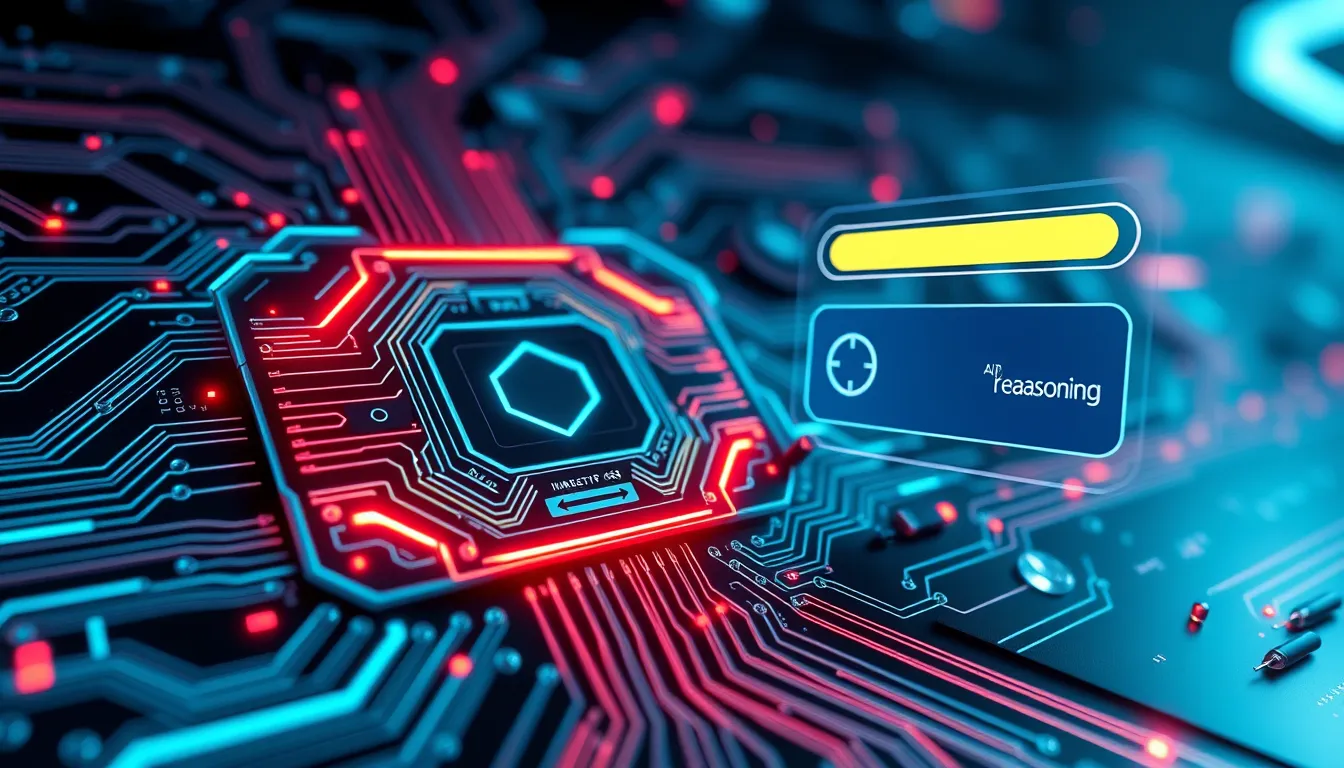Now Reading: Powerful AI in Healthcare Diagnostics: Boosting Patient Care
-
01
Powerful AI in Healthcare Diagnostics: Boosting Patient Care
Powerful AI in Healthcare Diagnostics: Boosting Patient Care

Powerful AI in Healthcare Diagnostics: Boosting Patient Care
The integration of AI in healthcare diagnostics is revolutionizing the medical field, dramatically improving patient care and the accuracy of medical imaging. With the use of advanced algorithms and innovative technologies, AI in healthcare diagnostics enables more precise analyses, faster results, and early disease detection. This article will explore how AI in healthcare diagnostics is transforming the way medical professionals diagnose conditions and predict diseases.
The Role of AI in Healthcare Diagnostics
Artificial Intelligence (AI) has quickly become a cornerstone in healthcare due to its vast potential to analyze complex medical data. AI in healthcare diagnostics uses deep learning models to review images, identify patterns, and detect anomalies that may be too subtle for the human eye. This breakthrough is particularly important when diagnosing conditions at an early stage.
Key benefits of utilizing AI in healthcare diagnostics include:
- Increased diagnostic accuracy
- Improved speed in evaluating imaging results
- Ability to make data-driven predictions for better treatment planning
By integrating AI in healthcare diagnostics, hospitals and clinics can achieve unprecedented levels of efficiency and precision.
Enhancing Diagnostic Accuracy with AI
One major area of advancement is how AI is improving diagnostic accuracy. With traditional methods, the variability in human interpretation can lead to diagnostic delays or misinterpretation. However, AI in healthcare diagnostics leverages machine learning to ensure that diagnostics are consistent and reliable. Healthcare providers using AI technology have seen a notable improvement in detecting conditions such as cancer, cardiovascular diseases, and other complex disorders.
For example, medical imaging platforms using AI in healthcare diagnostics can scan through thousands of images in minutes, identifying even minute signs of disease. This is especially crucial in medical imaging, where every minute detail counts in crafting an accurate diagnosis.
AI and Disease Prediction
In addition to enhancing diagnostic accuracy, AI in healthcare diagnostics plays a significant role in disease prediction. Predictive analytics use historical data and real-time information to forecast future health risks. This approach helps doctors make informed decisions about preventative care. The potential for AI extends into anticipatory healthcare, allowing for early intervention and personalized treatment plans.
Benefits of AI in healthcare diagnostics for disease prediction include:
- Early detection of potential health issues
- Customized treatment plans based on predictive data
- Reduction in overall healthcare costs by preventing advanced disease stages
Such advantages are critical in reducing the burden on healthcare systems globally, ensuring that patients receive timely and appropriate care.
Addressing Challenges and Ethical Considerations
While AI in healthcare diagnostics offers tremendous benefits, it also brings challenges. One of the primary concerns is data privacy and security. Ensuring that patient data used in training AI models is secure and anonymized is essential. Additionally, there is the need for continuous monitoring to prevent bias in diagnostic predictions.
Steps to mitigate these challenges include:
- Strict adherence to data protection regulations
- Regular audits of AI algorithms for fairness
- Collaborative efforts among stakeholders to improve transparency
By addressing these challenges, healthcare providers can maximize the benefits of AI in healthcare diagnostics while upholding ethical standards.
Future Trends in AI-Driven Healthcare
As technology evolves, the future of AI in healthcare diagnostics looks promising. Emerging innovations such as enhanced deep learning networks, real-time data analysis, and improved hardware integration are set to further streamline the diagnostic process. The continued research and development in this space also encourage collaboration between tech innovators and medical experts.
For those interested in learning more about the technological side of AI, companies like OpenAI offer valuable insights. Visit the official OpenAI website for additional information on cutting-edge AI research.
Conclusion
In conclusion, AI in healthcare diagnostics is not just a technological advancement; it represents a paradigm shift in how patient care is delivered. With improved medical imaging, enhanced diagnostic accuracy, and the ability to predict diseases, AI is paving the way for a future in which healthcare is more proactive, efficient, and personalized. By embracing these innovations and addressing potential challenges responsibly, the medical community is poised to significantly improve patient outcomes.
As advancements continue, it is essential for healthcare practitioners to adopt these technologies and integrate AI in healthcare diagnostics into their everyday practice, ensuring that every patient has the opportunity for timely and accurate care.
With the rapid evolution in AI technology, the impact on healthcare is just beginning. Embracing and optimizing these technologies will continue to transform diagnostics and patient care, making the promise of AI in healthcare diagnostics a reality for millions around the world.

























